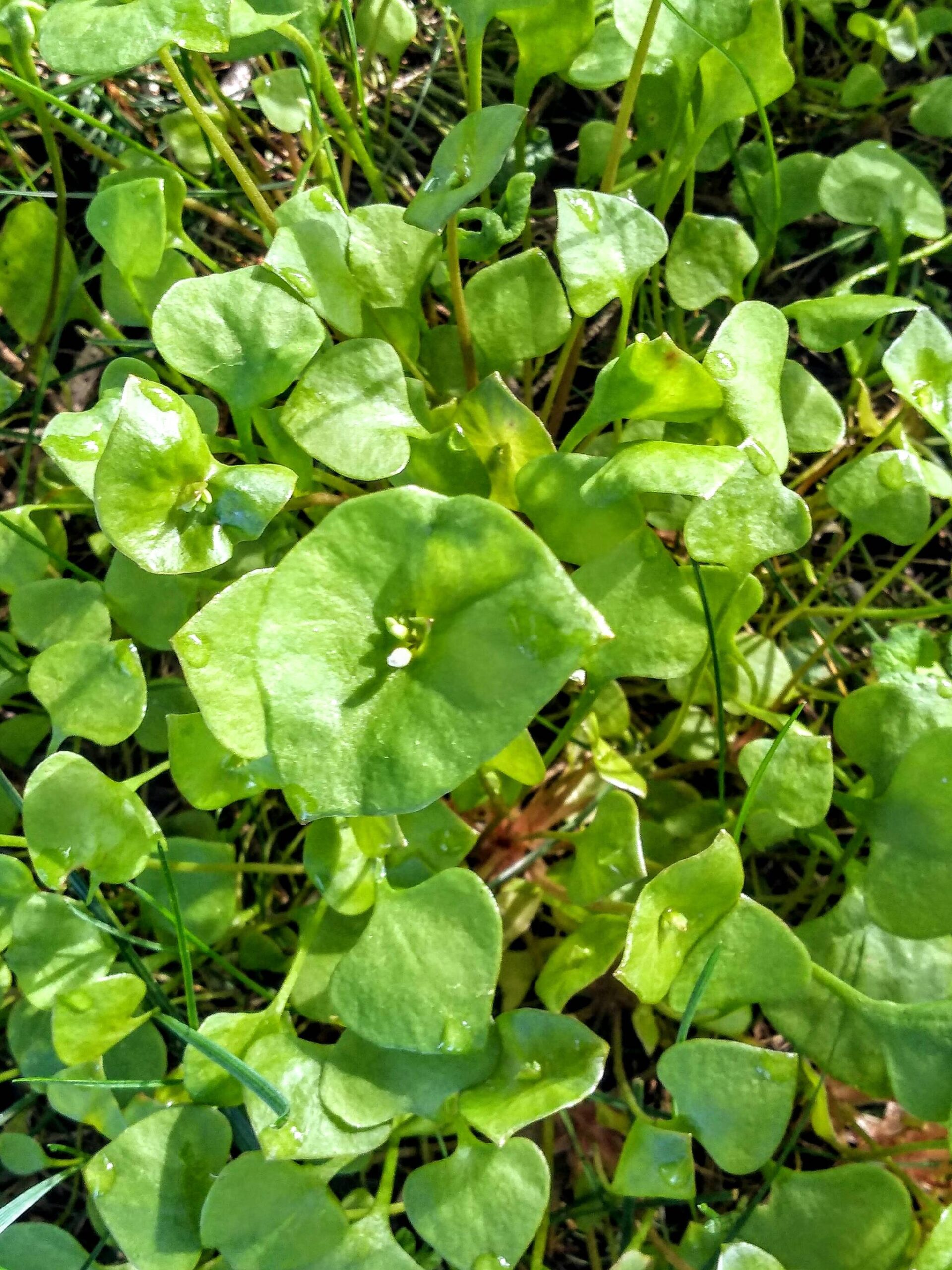If you’ve ever been curious about the edibility of wild plants on Whidbey, Karen Achabal is your guide.
The seasoned forager and Langley Library employee is leading an upcoming Sno-Isle Libraries event, during which she’ll identify some common spring greens that make a tasty salad. Hosted by the Clinton Library, participants will meet at noon on Tuesday, May 7 at the Whidbey Institute for a short trail hike.
A resident of the Freeland area, Achabal has had a lifelong passion for finding food in the wild.
“I started foraging when I was really young, like in my early teens,” she said.
What she likes to teach about edible plants does not come from a survival standpoint, but from a love for cooking.
“This is delicious and it’s wild and I can add it to my pantry,” she said.
She’s hopeful that the recent rainy and cool weather will help nourish plenty of spring greens for the upcoming event. After learning about identification techniques on the hike, participants will snack on a salad foraged by Achabal. She will also create a beverage infused with herbs or flower blossoms.
Claytonia perfoliata, also known as miner’s lettuce, is abundant on Whidbey. Rumex acetosella, or sheep’s sorrel, and cardamine hirsuta, commonly called hairy bittercress, also thrive in the moist environment of the Pacific Northwest. And nearly everyone is familiar with dandelions.
“I guarantee if you have a yard and you garden at all, you pull them out as weeds,” Achabal said of edible plants.
When teaching others about foraging, she sticks to plants that do not have poisonous lookalikes. For that reason, she stays away from anything in the parsley family because it contains poison hemlock, which is alive and well on Whidbey.
Achabal advises budding foragers to check the rules before heading to a park. With seaweed, for example, a shellfish license is needed to harvest in a state park during a specific season.
She considers foraging to be a wonderful way to connect with nature and learn more about the world. There are several cookbooks that advise readers how to best use their foraged materials.
Achabal’s event, which is aptly titled “Wild Harvest: A Spring Greens Foraging Adventure,” is part of a larger program called Sno-Isle Reads Together. The 2024 selection is “Hollow Kingdom” by Kira Jane Buxton. Events in the program focus on nature or the book itself.
Event registration is required, and only a few seats remain. Achabal’s event can be searched on the website, sno-isle.bibliocommons.com.



